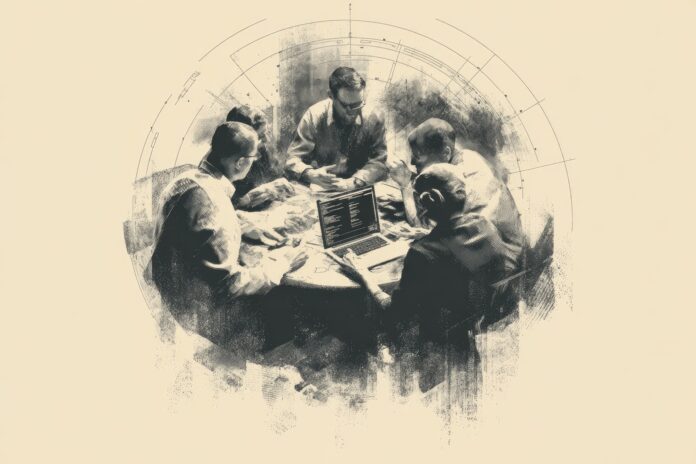The Future of Mathematics Meets Artificial Intelligence
In June 2025, the world of mathematics was rocked. Thirty of the brightest mathematicians gathered secretly in Berkeley, driven by a single challenge: could they design problems to stump OpenAI’s newly unveiled o4-mini reasoning model? This high-stakes meeting, veiled in secrecy, quickly turned into a symbol of the mounting tension—and synergy—between human intellect and artificial intelligence [1].
The Gathering: Why Mathematicians Tried to Outsmart AI
Most importantly, this wasn’t a publicity stunt or a casual academic exercise. As AI models advance, there’s genuine concern among experts about their potential to eclipse even specialists in fields known for precision and rigor. The mathematicians present saw this meeting as a line in the sand—a test of whether uniquely human creativity could still outpace machine reasoning [2].
Besides that, the mathematicians came prepared with an arsenal of devilishly tricky problems, many of which required not just raw computation but genuine leaps of insight. The mood was electric, a blend of intellectual rivalry and existential anxiety.
How OpenAI’s o4-mini Model Fared
Despite the participants’ best efforts, OpenAI’s model proved highly competent—even at tasks previously thought impervious to automation. According to reports, the majority of the hand-crafted puzzles were solved by the AI faster than any human participant could manage, leaving the mathematicians both impressed and unsettled [1].
Therefore, the event was a wake-up call: advanced AI is no longer just a glorified calculator or a tool for rote computation. It now demonstrates reasoning skills that closely mimic, and sometimes surpass, expert human thinking.
The Implications for Mathematical Rigor
This episode has provoked deep debate over the very soul of mathematics. Traditionally, mathematical proof demands step-by-step transparency and airtight logic—a process that ensures every conclusion is both traceable and verifiable. However, AI models like o4-mini operate as black boxes; they deliver solutions, but rarely offer clear explanations for their reasoning [4].
Because of this, mathematicians worry about what might be lost. If AI can generate correct results without making its reasoning transparent, does this undermine the discipline’s foundational emphasis on rigor? If human experts simply accept AI-generated proofs at face value, rigor could erode, and the collaborative, explanatory spirit of mathematics might fade.
Mathematics at a Crossroads: Evolving Roles
Most mathematicians now see themselves at a crossroads. While some are eager to embrace AI as a potent research partner, others sound alarms about diminished engagement and loss of agency. These concerns have made AI the dominant theme at recent mathematics conferences, with panelists debating both the perils and promise of this technological revolution [5].
Therefore, the secret Berkeley meeting was not just an intellectual contest. It was also an early glimpse of a future where mathematicians must redefine their roles—not as sole authors of discovery, but as collaborators with increasingly powerful machines.
What Comes Next?
As AI continues to evolve, the mathematical community faces hard questions. Are humans still the best judges of mathematical truth? Can rigorous standards be preserved in a world where machines operate far faster—and sometimes more opaquely—than experts? These debates are just beginning, but one conclusion is unavoidable: mathematicians will need to adapt, blending their irreplaceable creative instincts with the ever-expanding capabilities of AI.
For readers curious about what unfolded behind closed doors, one thing is clear. The meeting wasn’t a defeat for human ingenuity, but rather a signal that the rules of the game are changing. And in the era ahead, collaboration—rather than competition—may prove the smartest way to outsmart AI.
References
- 30 mathematicians met in secret to stump OpenAI. They (mostly) failed.
- Inside the Secret Meeting Where Mathematicians Struggled to Outsmart AI
- Using AI to Chear at the Joint Mathematics Meetings
- AI tells us what prominent mathematicians think about AI



